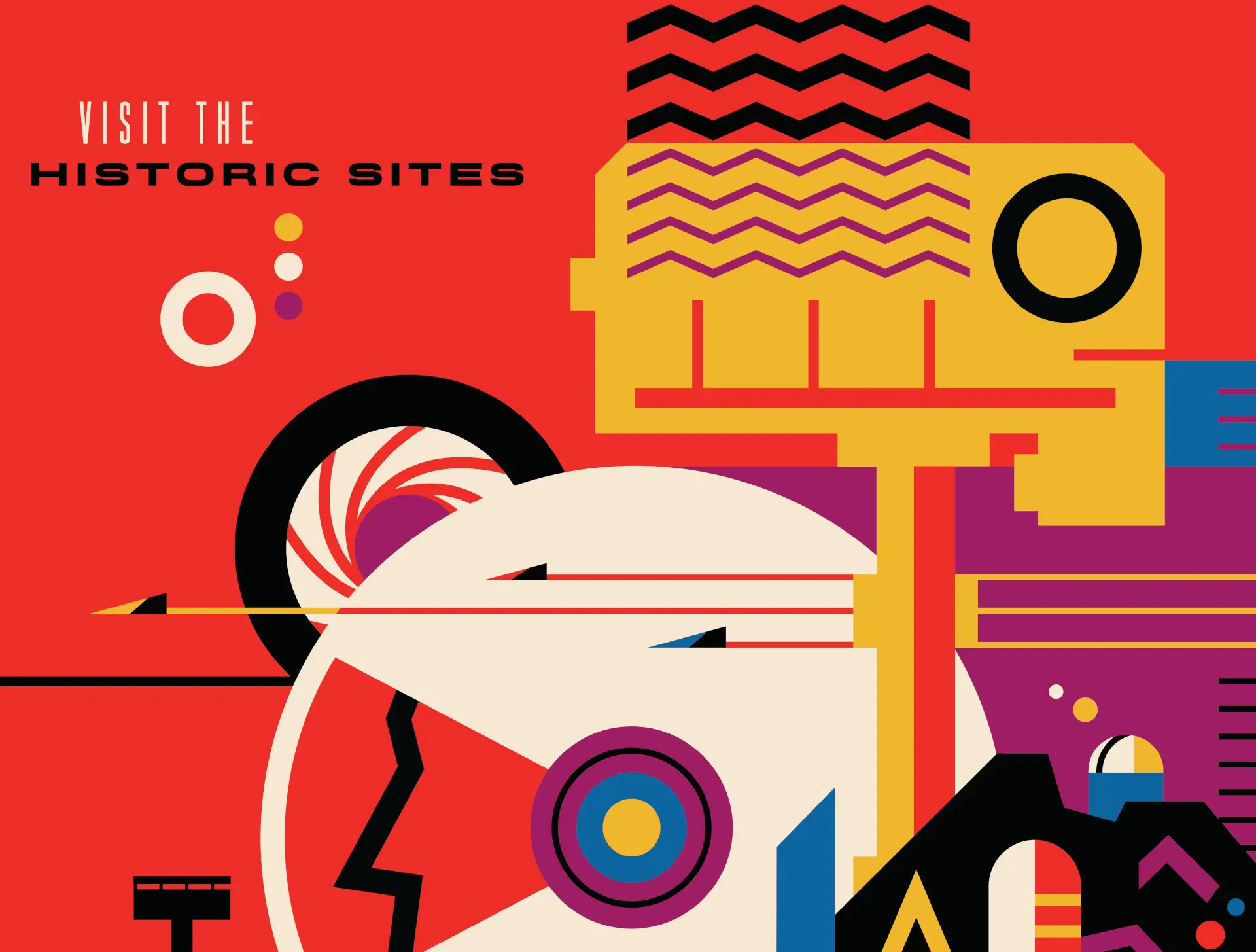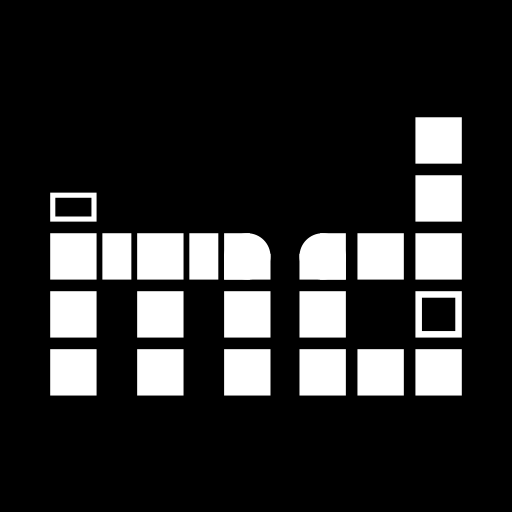
Крупное обновление musdb
Обычно разработка musdb (и других частей программного обеспечения museum-digital) происходит по принципу регулярного релиза. Новая функция разрабатывается, тестируется, а затем вводится в обращение. Как правило, обновления выходят без задержек. В последний месяц мы сделали исключение, так как в musdb будет много новых функций и небольшой редизайн в целом. Ниже представлены детали обновления 11 января, чтобы …
